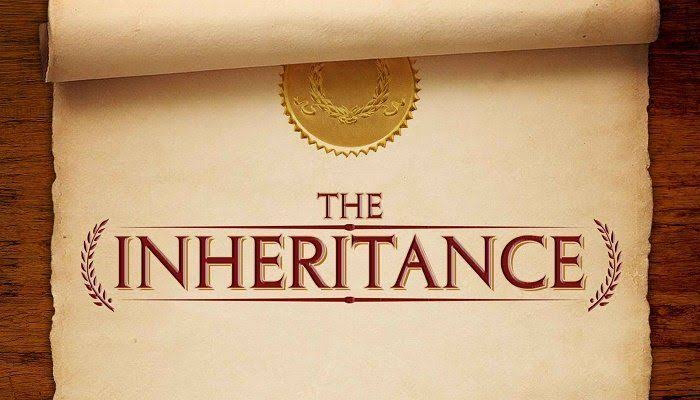PROPERTY DIVISION IN MUSLIM LAW
INTRODUCTION
Succession is both a legal and a practical requirement. Every individual will be required to renounce the world once, after which all of their legal rights and responsibilities will be dissolved and transferred to someone else. In India, succession is governed by religiously based personal laws. As a result, the rule of succession is influenced by one's faith on religion. “THE MUSLIM PERSONAL LAW (SHARIAT) APPLICATION ACT, 1937”, deals with intestate succession, the special property of women, inheritance, and the transfer of property under a gift or any other provision that is a subject of personal law among Muslims.
DIVISION
In Muslim law, the two forms of succession are also recognised. In the event that a man leaves a valid will, testamentary succession occurs, and the property is divided according to the will. When a person dies without leaving a will, intestate succession takes place. Since the joint family system is not recognised, the heirs are limited to the person's immediate family. Furthermore, the Muslim Law makes no distinction between property gained by one's own efforts and property inherited from one's ancestors. As a result, the heirs inherit the whole estate of the deceased.
THE CLASSES OF HEIRS
SHARERS- They are entitled to a predetermined share of the inheritance as SHARERS. In the case of a man's house, his wife or wives are co-owners. The wife is entitled to a fixed share of the husband's land, which is 1/6th of the total share.
RESIDUARIES- Who do not have a specified share of the inherited property but are entitled to inherit whatever is left after the sharers' share has been given away. The residuaries in the father's estate are the children, both sons and daughters. Regardless of her marital status, a daughter is entitled to take her share of the partitioned property. They are to split up the remaining 5/6th of the property between them. The son's and daughter's shares are divided in a 2:1 ratio. The son is entitled to twice as much as the daughter in terms of property.
DISTANT KINDRED- This refers to those who are related to the property owner by blood but do not fall into the sharer or residuary categories. Their right does not exist ipso facto on the property and must be created.
As a result, property will be divided among an individual's heirs according to the process outlined above.



Comments
Post a Comment